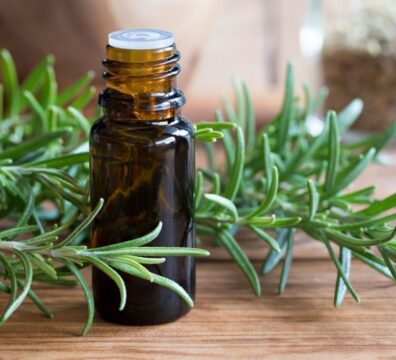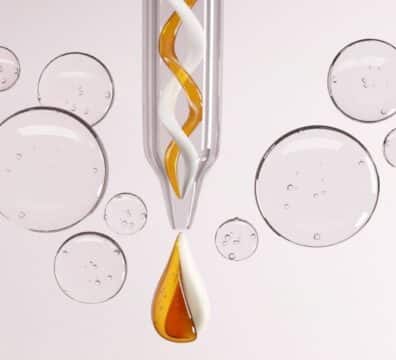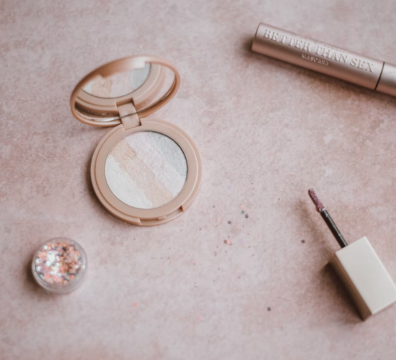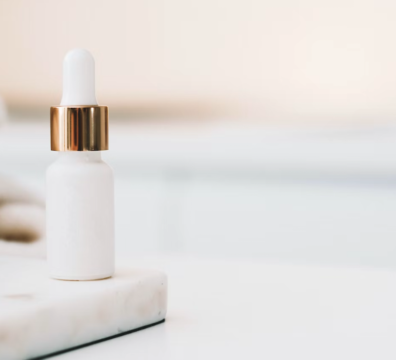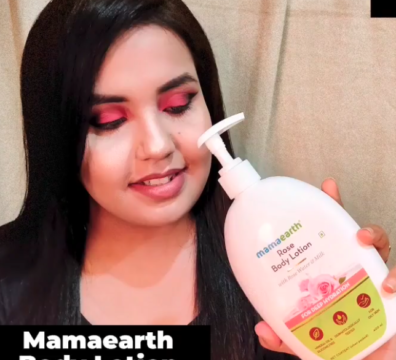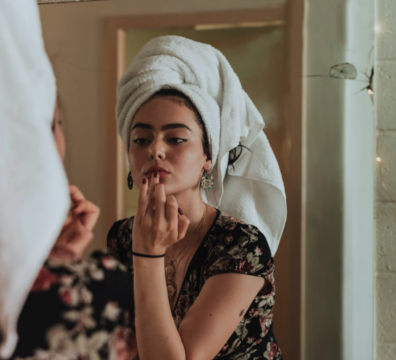BLOG
How To Protect Our Skin From Harmful UV Rays?
The majority of skin cancers are brought on by being exposed to harmful ultraviolet (UV) rays too frequently. Most of the exposure comes from the sun, but it can also come from artificial sources like sunlamps and indoor tanning beds. People frequently exposed to harmful UV rays are more likely to get skin cancer.
UVA and UVB are the two primary harmful UV rays that can damage your skin. Both UVA and UVB rays can harm your skin and cause skin cancer; however, UVB rays are more energetic and are a more significant contributor to at least some cases of skin cancer. Let’s read to know how to protect our skin from harmful UV rays?
How is UV Exposure Affected?
Several factors affect how intense the UV rays from the sun are when they hit the earth, including:
- Time of day: Between 10 am and 4 pm, UV rays are strongest in the middle of the day.
- Season: UV rays are more intense in the spring and summer months of the year.
- Altitude: At greater heights, more UV rays reach the ground.
- Cloud cover: Clouds can have various effects, but it’s crucial to remember that UV rays can still reach the ground on cloudy days.
- Reflection: UV rays can reflect off of several surfaces, including water, sand, snow, and pavement, increasing UV exposure.
Factors Affecting UV Exposure
The amount of UV exposure you encounter is influenced by the length of time your skin is exposed to the sun and whether or not your skin is covered with clothing or sunscreen.
Individuals in places with bright sunlight all year round are more likely to develop skin cancer.
They run a higher risk if they spend a lot of time outside for work or play without wearing sunscreen and protective clothing.
The chance of developing skin cancer may also depend on the exposure pattern.
For instance, having several sunburns as a youngster may make one more likely to get some types of skin cancer years or even decades later.
It’s also crucial to realize that certain people are more susceptible to skin damage from the sun for various reasons.
How To Protect Our Skin From Harmful UV Rays?
Some individuals only consider sun protection while spending the day at a lake, beach, or swimming pool.
But each time you spend time in the sun, your exposure to the sun increases.
Even though sunlight is the primary source of UV radiation, you don’t have to entirely avoid the sun.
Additionally, staying indoors would be foolish if it prevented you from being active, as exercise is crucial for maintaining excellent health. However, too much sun exposure might be dangerous.
To reduce your UV exposure, you can take a few easy steps.
You may also read: Thinking What is SPF in Sunscreen? Here’s Everything About It
One of the easiest ways to reduce UV exposure is to stay in the shade. Some of the essential measures you can take to protect yourself from UV radiation are:
- Shade – Avoid spending too much time outdoors in the sun’s direct rays, which is a simple but crucial technique to reduce your exposure to UV rays.
- Clothing – Wear clothing to protect your skin when you are outside in the sun.
- Sunscreen – You should apply sunscreen to your skin to shield it from UV radiation. Understanding that sunscreen only acts as a filter and cannot completely block UV rays is crucial.
- A hat – It is best to wear a hat with at least a 2- to 3-inch brim all the way around because it will shield your ears, eyes, forehead, nose, and scalp from the sun’s harsh rays.
- Sunglasses – UV-blocking sunglasses protect the eyes and the delicate skin around them.
Sun Exposure And Vitamin D
Numerous health advantages of vitamin D exist.
In some cases, it may even help to reduce cancer risk.
When you are in the sun, your skin naturally produces vitamin D.
The amount of vitamin D a body produces is influenced by various factors, such as age, skin color, and the amount of sunlight where an individual lives.
When possible, try to obtain vitamin D via dietary sources or supplements instead of direct exposure to the sun.
Dietary sources and vitamin supplements do not raise the risk of developing skin cancer and are typically more dependable ways to obtain the required quantity.
Conclusion
Protecting our skin from harmful UV rays is super important for preventing skin cancer and maintaining skin health. UV exposure is influenced by various factors such as time of day, season, altitude, cloud cover, and reflection. Individuals with prolonged sun exposure, especially without sunscreen and protective clothing, are at a higher risk of developing skin cancer.
It’s important to take steps to reduce UV exposure, including seeking shade, wearing protective clothing, applying sunscreen, wearing a hat and UV-blocking sunglasses. While sunlight is a natural source of vitamin D, it’s advisable to obtain it from dietary sources or supplements to minimize the risk of skin cancer.
By adopting these preventive measures, you can enjoy the outdoors safely while protecting your skin from harmful UV rays.


